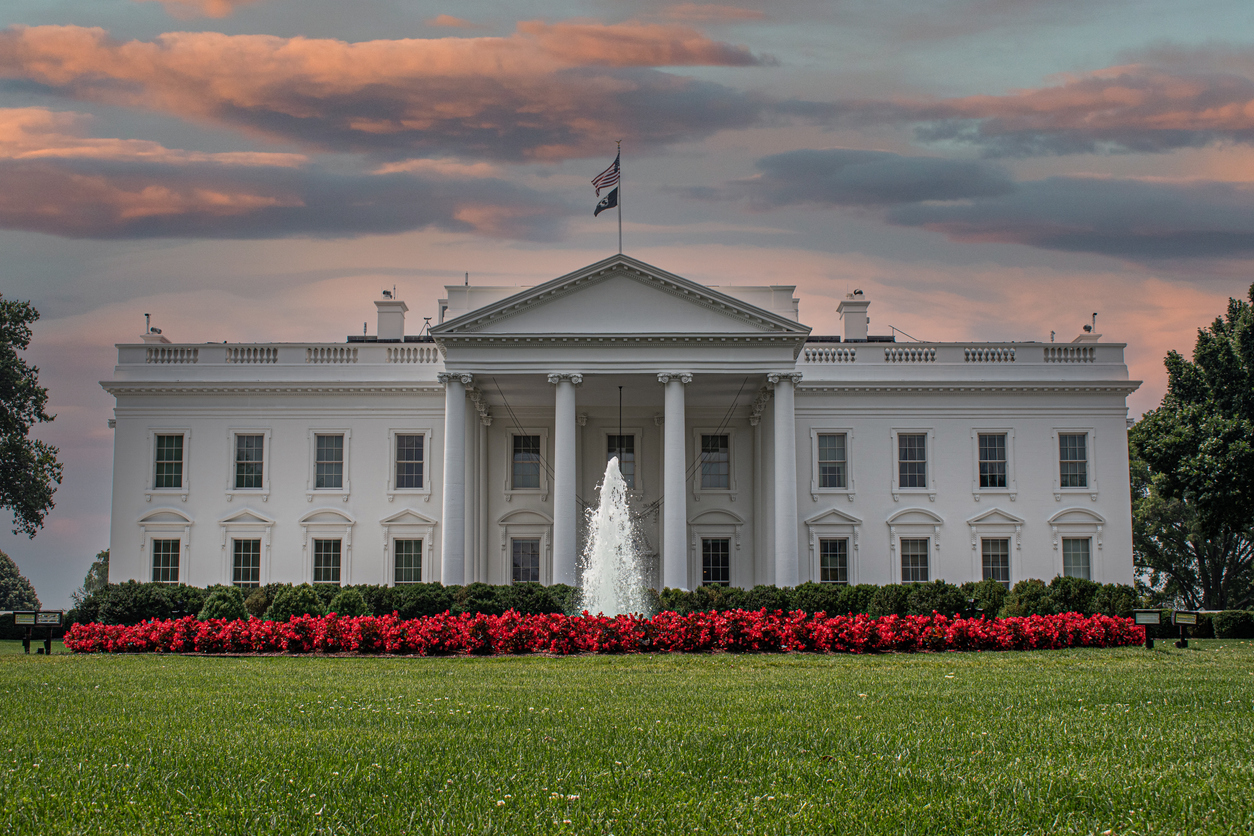The Scoop: What the election of Donald Trump means for communicators
And what may have led to Harris’ downfall.

Donald Trump has decisively won the presidency.
Not only did he take down the much-vaunted “Blue Wall” states needed to win the electoral college, he is also expected to win the popular vote, a feat he did not accomplish in his 2016 victory.
What was expected to be a long, perhaps drawn-out counting and legal process was curtailed, with final swing state calls made between midnight and dawn. Television anchors who had prepared for days of coverage found that the picture of the race became clear early in the evening, as exit polls began to indicate widespread anger at the direction of the country – difficult headwinds for an incumbent candidate who repeatedly declined to explain how her tenure would differ from that of her unpopular predecessor.
“I will govern by a simple motto, promises made, promises kept,” Trump said during a late-night victory speech. “We’re going to keep our promises. Nothing will stop me from keeping my word to you, the people. We will make America safe, strong, prosperous, powerful and free again. And I’m asking every citizen all across our land to join me in this noble and righteous endeavor.”
Vice President Kamala Harris has not yet conceded the race, though she is expected to address supporters at Howard University, where she held her election night watch party, on Wednesday.
Republicans also successfully flipped the Senate. Currently they are projected to hold 52 of the upper chamber’s seats compared to the Democrats’ 42, though six seats have yet to be decided. Control of the House of Representatives has yet to be determined, with the counts just before 8 a.m. at 198 seats for Republicans, 180 for Democrats and 57 yet to be determined.
Should Republicans take the House, it would represent a nearly total control of the levers of government, including the Supreme Court that Trump reshaped in his first term to feature a conservative majority.
Trump’s return to power was shaped by a more diverse coalition of voters than he carried in 2016, especially focusing on men of all races and people without college degrees of all races. While his success with people of color remained relatively low (he garnered about 15% of the Black vote and 41% of the Latino vote), it was more than enough.
For instance, Trump notched a major victory among men under 30. He courted them extensively through his appearances on podcasts, including earning a last-minute Joe Rogan endorsement. And it paid off, with Trump winning that demographic by 11 points, compared to losing it by 15 in the 2020 election. It demonstrates how powerful consistent, concerted messaging can be, especially to a group, like young people, that had long been taken for granted by Democrats.
Why it matters:
The country is moving into a new era politically, economically and perhaps culturally. These shifts will deeply impact every aspect of a communicator’s work, from how to approach demographically different audiences to crafting messaging to the business environment in which we all operate.
Politico identified key policies that Trump has promised to implement. Those most pertinent for communicators include:
- Sweeping changes to border policy, including mass deportations of immigrants, which could have high impacts on labor in certain industries.
- The implementation of hefty tariffs.
- Changes to the healthcare system, including a possible ban on vaccines and the removal of fluoride from water.
- A crackdown on DE&I policies, especially in schools, continuing the ripple effects of an affirmative action decision made by the court Trump helped shape.
- Regulatory rollbacks and freezes on climate-related rules.
- Massive tax cuts.
The U.S. markets seemed happy with the results of the election, with the Dow Jones Industrial Index leaping more than 1,300 points in pre-trading.
Trump’s victory also revealed major changes within the Latino community, an important and growing demographic for most businesses. This diverse group of Americans, representing people with roots in dozens of countries, made a shift to the right, despite incendiary language Trump and his campaign used toward Puerto Ricans and immigrants in general. From more conservative-leaning Cubans in Miami-Dade County to Puerto Ricans in Philadelphia, this group once again showed its importance in American life – and its refusal to be pigeonholed.
Looking to the Harris campaign, there will of course be finger-pointing about why the vice president fell so short. Was it her determination not to separate herself from her historically unpopular predecessor? The unprecedented nature of her ascension to the top of the ticket, with just 100 days to introduce herself to the nation and make her case? America has twice rejected a woman for its highest office – was that a factor, or was it their similar political stances? Or was it simply that people preferred Trump’s bombastic style over her careful, quiet vibes?
PR pros might point to her media schedule as a major factor. Harris was criticized, both by her opponents and some within her own party, for a cautious media schedule that often left the candidate a mystery to the public. With such a limited time to truly get to know the vice president, Harris nonetheless waited more than a month after she assumed the nomination to give her first sit-down interview. Even after that, she only made a concerted push toward media in the last few weeks, including appearances on popular podcast “Call Her Daddy,” which aimed to consolidate her support among young women rather than expanding her pool. She declined to fly to Austin and spend three hours sitting down with influential podcaster Joe Rogan, which would have put her in front of the young, male demographic who spurned her in the end.
Ultimately, it’s unlikely that her media strategy was the only reason Harris was defeated. But the lessons of being aggressive with media, reaching out to new audiences, experimenting with new media, letting personalities speak for themselves is advice professionals would do well to carry into the second half of the Trump era.
Allison Carter is editor-in-chief of PR Daily. Follow her on Twitter or LinkedIn.







